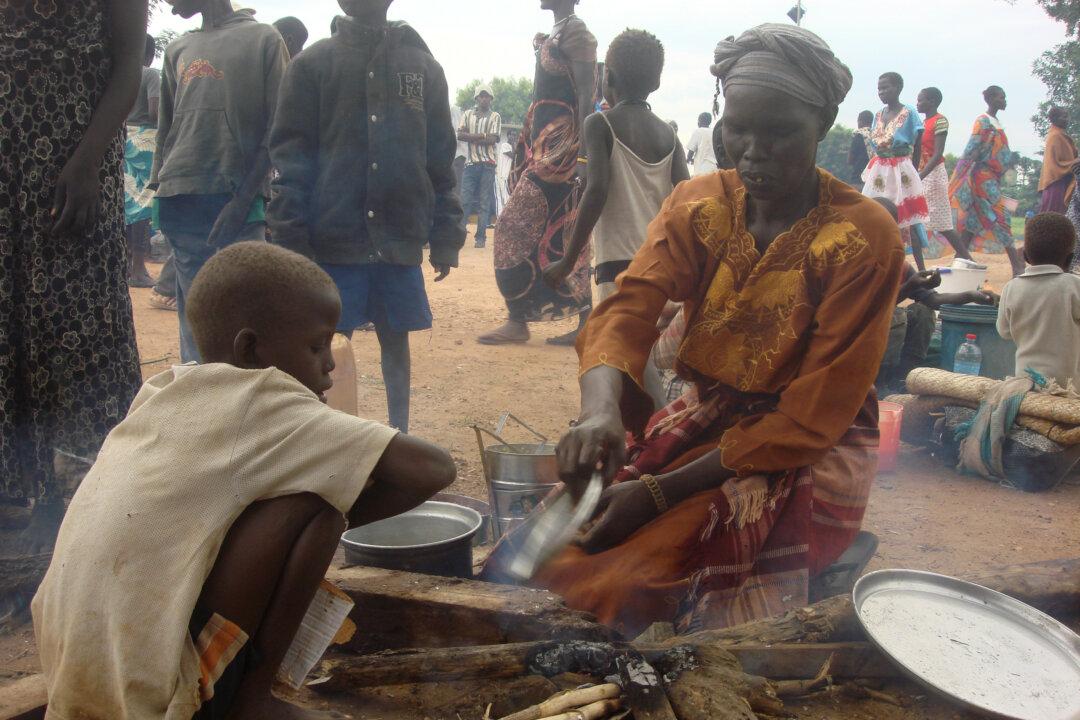In the charged atmosphere between the United States and Iran, the benefits of the deal with Iran have been obscured by a war rhetoric that does very little for peace and development in that conflictive region. To the calls for bombing Iran from the likes of Netanyahu and U.S. Sen. McCain, a significant number of experts in the region believe that peace with Iran will benefit not only that country but the United States and the rest of world as well.
Two U.S. experts on Iran, Flynt Leverett and Hillary Mann Leverett, have recently argued that the United States cannot achieve its foreign policy goals in the Middle East—such as, for example, combating the Islamic State in Syria and Iraq (ISIS), preventing another violent takeover in Afghanistan, and resolving the conflicts in Syria and Yemen—without having better ties with Iran.



